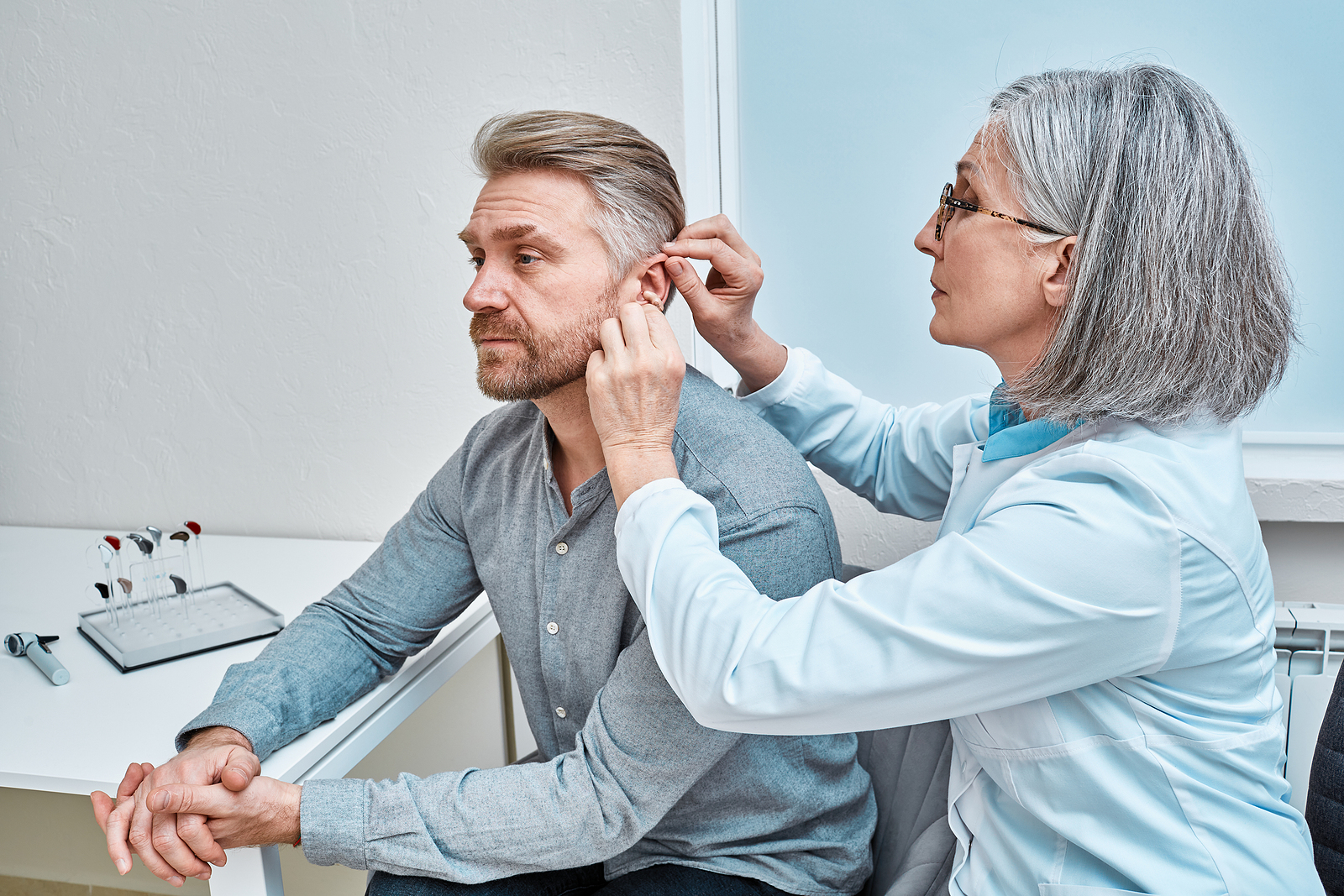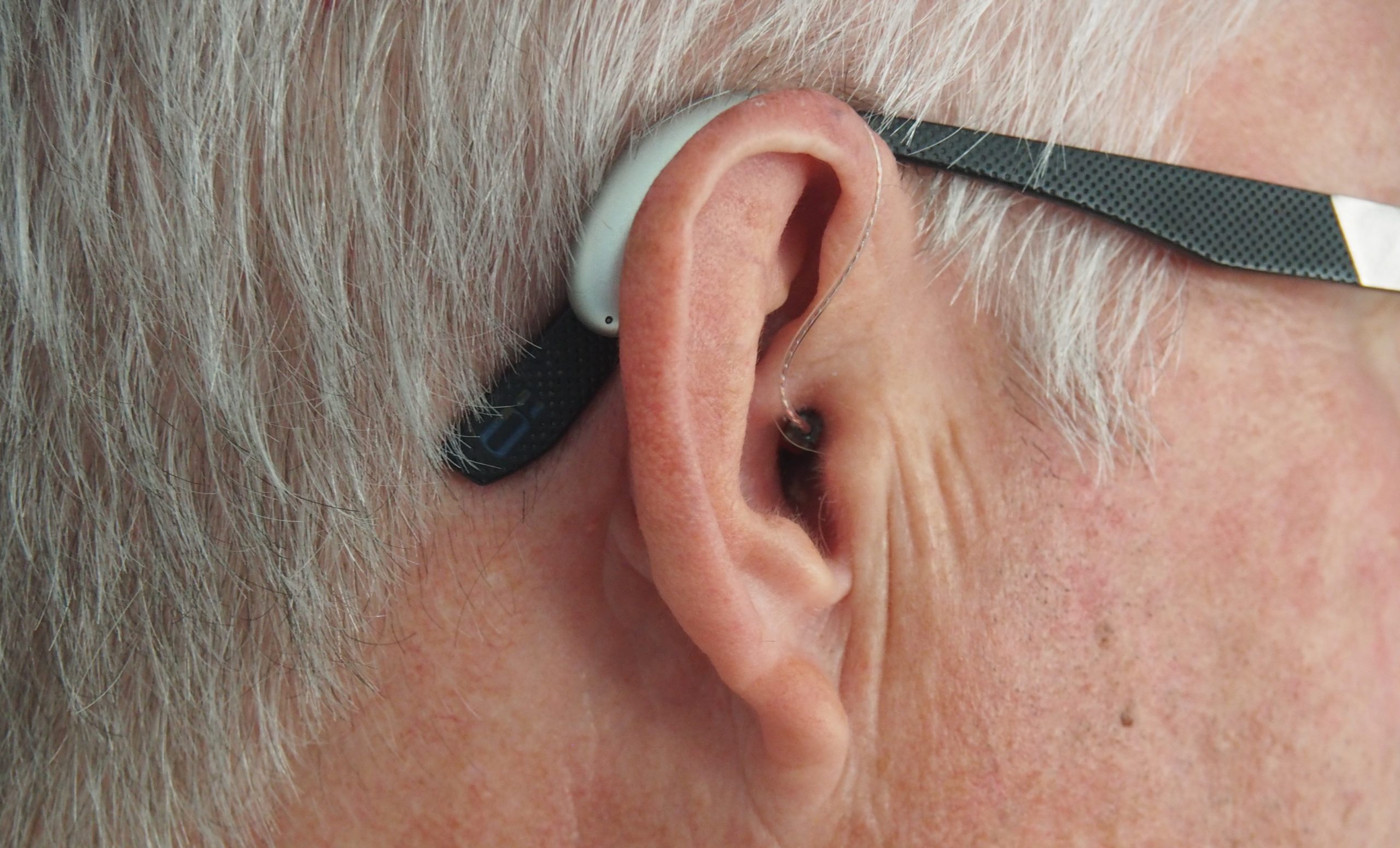Many people rely on hearing aids to go about their daily life and they are vitally important for a lot of individuals. By properly caring for and maintaining your hearing aids you can ensure they perform as best as possible and last for a long time.
Hearing aids are often worn for extended periods of time and therefore may have a build-up of wax, dirt and debris. By cleaning your hearing aids daily after removing them, you can help to ensure they stay clean and in full working order.
The best way to clean your hearing aids is with a soft, clean and dry cloth or a sociality cleaning brush. Gently remove any visible dirt and wax from the device to prevent build-up.
You should avoid using any water or cleaning solutions on your hearing aids as these can cause damage to the device as not all hearing aids are waterproof and some cleaning solutions can be too harsh and potentially degrade or damage the materials the device is made from.
Earwax is naturally occurring in the body and helps to lubricate and protect the ear canal, however, it can be troublesome for hearing aid users. One of the most common reasons for malfunction in hearing aids is wax build-up.
In order to prevent wax from damaging your hearing aids, you should ensure that your ears are clean and there is no accumulation of wax in the ear canal. Having this removed via ear wax microsuction is the best and safest method.
You should also ensure you regularly clean out all components of your hearing aid, including the small openings and vents which you may sometimes forget about or miss, in order to prevent clogging.
It is important that you are very gentle and careful when cleaning as hearing aids are very delicate and may become accidentally damaged if you do not take care.
Another key step in taking good care of your hearing aids is to avoid moisture. Hearing aids are not waterproof and are electrical devices, meaning any moisture can cause issues and even break them entirely.
You should make sure you remove your hearing aid before bathing, showering or swimming and avoid excessively humid areas. While this isn’t ideal, it can help to preserve and protect the durability and longevity of your hearing aids.
You can purchase specific kits made to ensure your hearing aids stay dry which can be used overnight, or you may wish to consider purchasing a dehumidifier if you live in a particularly humid area, to help prevent excess moisture build-up.
Aside from cleaning and protecting your hearing aids, it is important that you handle them and store them carefully when they are not in use.
This helps to prevent accidental damage and keeps them safe and protected. Using a hard, protective case when transporting or storing your hearing aids can help to prevent them from breaking if they are accidentally dropped or end up in the water.






